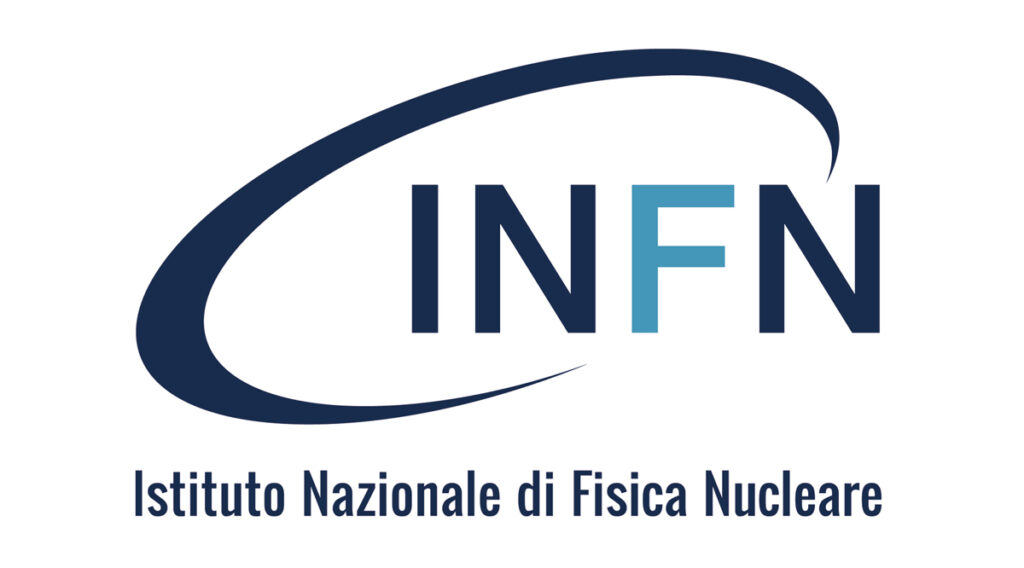
The Workshop “INFN and the European Strategy for Particle Physics” has been recently held in Rome, where research teams of the National Institute for Nuclear Physics (INFN) presented the projects they are working on to reach the goals recommended by the latest edition of the Update of the European Strategy for Particle Physics (ESPPU), a crucial appointment for the future of high-energy physics.
In particular, the two-day meeting focused on the projects related to the Future Circular Collider (FCC), which will follow on from the Large Hadron Collider at CERN and includes three new accelerators: FCC-hh (proton/proton and ion/ion), FCC-ee (electron/positron) and FCC-he (electron/proton). The Mid-Term Report on feasibility studies of the FCC-ee lepton collider, perspectives for a hadron collider, FCC-hh, as well as the Muon Collider (MC) project were presented.
FCC-ee is a circular accelerator with a circumference of about 90 kilometres where energy-frontier electrons and positrons will collide and is the project that CERN management proposes for research in high-energy physics in Europe in the era following High Luminosity LHC (HL-LHC).
FCC-hh, where protons will collide, as in LHC, will be hosted in the FCC-ee tunnel and will allow for research of new particles and fields at energy scales never explored before.
Last but not least, the Muon Collider (MC), an innovative muon collider under development, which is characterized by a great potential for both precision and discovery physics, involving the European, American and partly Asian scientific communities.
In addition, a specific session was held which focused on the presentation and discussion of future detectors for which new international collaborations are being developed at CERN, with involvement of various INFN teams, which are very active in research and development.
Finally, a round table was organized, moderated by Sandra Malvezzi, member of the INFN Executive Committee, to discuss how the Italian institute will contribute to the definition of the next European Strategy for Particle Physics. The lively debate was joined by INFN President Antonio Zoccoli, coordinator of the IFNF National Committee for the Science and Technology of Accelerators Lucio Rossi and CERN theoretical physicist Michelangelo Mangano.

